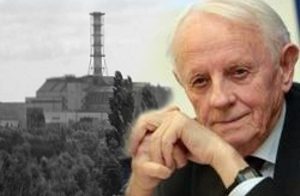SUMMARY
I am asked to consider whether The Viscount Monckton of Brenchley was correct when, in a recent radio interview in Australia, he answered the question “Are you a member of the House of Lords?” by saying, “Yes, but without the right to sit or vote.” My conclusion is that Lord Monckton’s answer was and is correct at all points. We have the authority of two Law Lords in the Privileges Committee that the meaning of the words “membership of the House” in the Act is confined to the right to sit and vote. The implication is that in all other respects excluded Hereditary Peers remain members of the House. Also, the Letters Patent that created Peerages such as that of Monckton of Brenchley have not been revoked, and we have the recent authority both of the Leader of the House and of the High Court for that. Though the House of Lords Act 1999 purported to remove “membership of the House of Lords” from excluded Hereditary Peers including Lord Monckton’s late father, its constitutionality is questionable. Peerages entail membership of the House. Lord Monckton is correct to state that he does not at present have the right to sit or vote, though if the 1999 Act is unconstitutional the excluded Hereditary Peers are unlawfully excluded. Therefore, Lord Monckton remains a Member not only of the Peerage but also of the House of Lords, save only that he cannot for now sit or vote there, and he was and is fully entitled to say so.
Our mission is to educate the largest number of citizens possible on the fraudulent science, politics, and business of the deceptive carbon dioxide based anthropogenic global warming hypothesis through rigorous scientific experimentation and analysis, and the false viability of “renewable” energy sources; thereby negating the green energy agenda of America’s elected leaders, leading to the removal of carbon dioxide from the U.S. EPA’s 2015 Endangerment Finding and the elimination of all carbon regulation, taxes, and trading worldwide.



